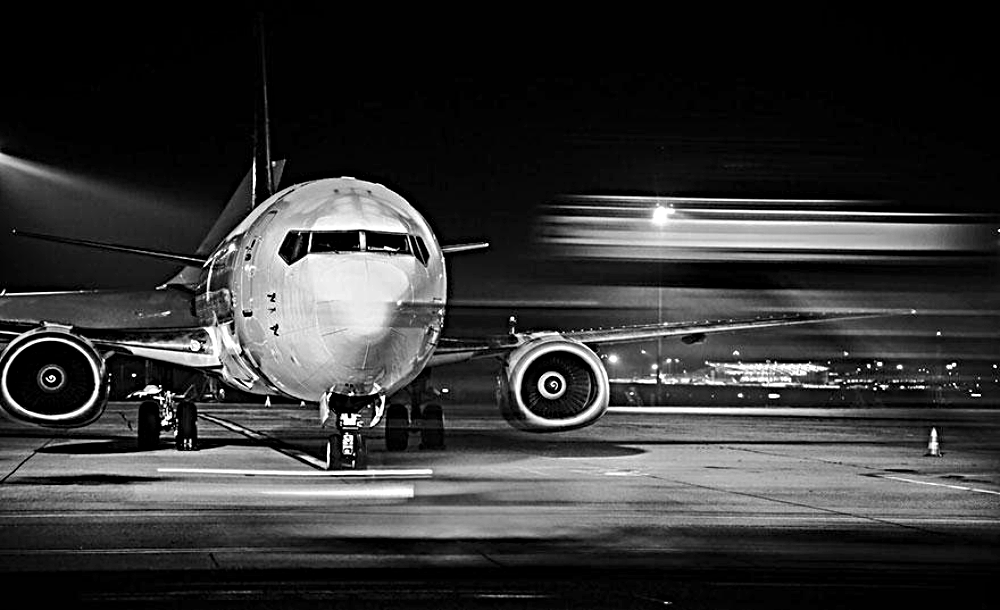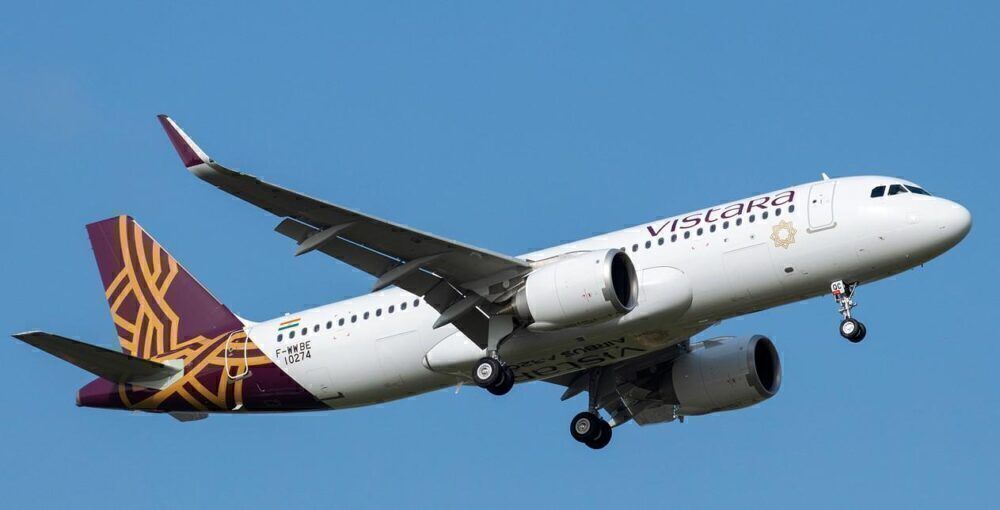Aircraft lessor Avolon Aerospace Leasing Ltd finished the first quarter of 2021 with around US$7 billion in available liquidity. The Ireland-based lessor is one of the biggest players in an industry that services a market worth $33.7 Billion in 2020. Avolon ended the first quarter with an owned and managed fleet of 578 aircraft. The lessor currently has 146 airline customers operating in 61 countries.
Bright growth prospects despite global travel downturn
The global travel downturn put the brakes on the aircraft leasing market. But the global commercial aircraft leasing market is still tipped to grow by a respectable $14.5 billion over the next four years. Year on year growth for 2021 is estimated to be 8.7%. Aircraft leasing companies, including Avolon, will soon own over 50% of the global commercial airline fleet.
During the first quarter of 2021, Avolon finalised 31 lease transactions, including new aircraft leases, follow-on leases and lease extensions. That included delivering Airbus A320neos to SAS, Spirit Airlines, Frontier Airlines, and Vistara. Avolon also entered into Letters of Intent to place 27 owned aircraft and sold two planes in the quarter. Acknowledging a fundamental shift in the commercial airline market, the leasing company deferred 34 single-aisle and 3 twin-aisle order book commitments to 2025 and beyond. Avolon Aerospace CEO Dómhnal Slattery said recently;
"2020 was an extremely challenging year for the aviation industry globally. We worked closely with our customers to provide support while also prudently managing our own capital position.
"Our actions to strengthen our balance sheet during 2020 saw us end the year with the strongest liquidity position in our history, ensuring we are well placed as the industry transitions into the recovery phase."
Chinese lessors pose a competitive threat to Avolon
From a liquidity perspective, Avolon strengthened its position in the last quarter. Irish lessors like Avolon now dominate the leasing market, commanding nearly half the global market share. But despite growth forecasts, aircraft leasing companies like Avolon face several threats to their bottom line.
One of those threats is the rise of Chinese aircraft leasing companies. The aircraft leasing market in China is expected to be worth $8.7 billion by 2027. Backed by Chinese banks, Chinese leasing companies like CDB Aviation and ICBC Financial Leasing have come from nowhere in a short space of time to seize significant market share. It doesn't hurt that China is one of the world's biggest aviation markets and government policies and tax regimes support doing business with local companies.
Travel downturn changes the face of the aircraft leasing industry
The global travel downturn has also unleashed a wave of change across the aircraft leasing industry. There's a glut of aircraft worldwide, pushing down prices and changing how lessors and customers do business.
"We're going to be facing an industry which is of different shape and scale," former Head of Strategy at Avolon, Dick Forsberg, told a Cirium webinar recently. Mr Forsberg also believes already depressed aircraft leasing prices have further to fall.
The fragmented aircraft leasing industry also faces a wave of consolidation and mergers, recently highlighted by the $30 billion blockbuster buy of GECAS by AerCap. Most industry insiders don't think that's the end of it, and Avolon is in the spotlight.
"I think the leasing industry was ripe for mergers and acquisitions and consolidation," Dick Forsberg said. "There will be more restructuring, more administrative processes, and that in turn, will lead to more merger and acquisition activity."
Stay informed: Sign up for our daily and weekly aviation news digests.
2021 presents as a turbulent operating environment for Avolon Aerospace and other aircraft leasing companies. Despite decent growth prospects across the industry and Avolon's strong liquidity levels, the lessor looks likely to have its work cut out for it in the short to medium term.
What do you think? Will another lessor swallow up Avolon? Will its $7 billion in liquidity serve as a buffer to prevent this from happening? Post a comment and let us know.



